5 Things People Hate About Living in Vancouver, Washington – And Why They Might Not Be Dealbreakers
5 Things People HATE About Vancouver Washington
Thinking about moving to Vancouver, Washington? If you’ve been Googling "things people hate about Vancouver WA," you’ve probably come across complaints about the rain, traffic, cost of living, and more. But how bad is it—really?
As a local real estate expert and longtime resident, I hear these concerns all the time. In this article, I’ll break down five of the most common gripes about living in Vancouver WA—and why they may not be as big of a deal as people think.
1. Rainy and Gloomy Weather
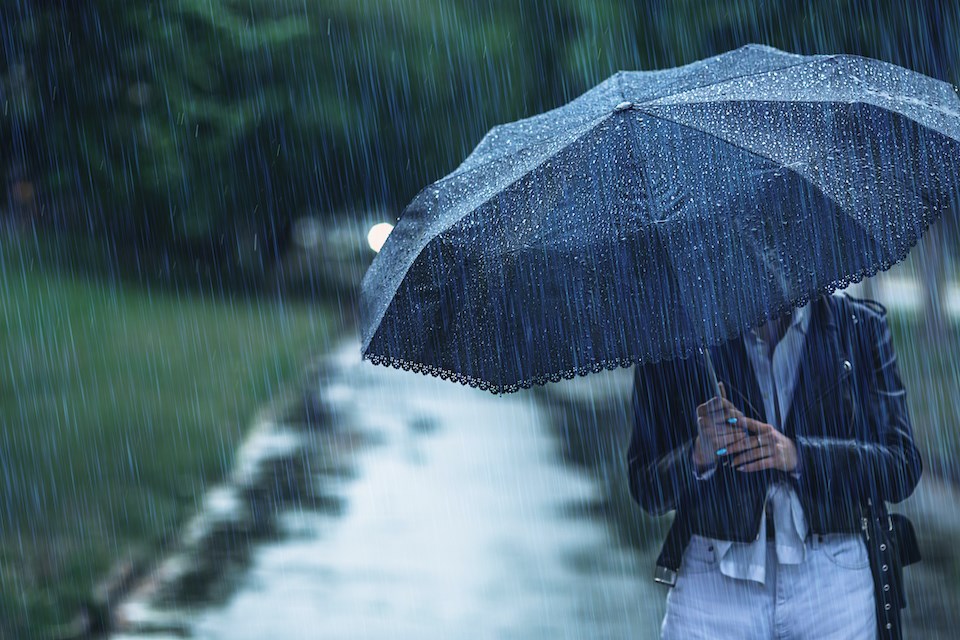
Yes, it rains in Vancouver. A lot. If you're researching what it's like living in Vancouver WA, you've probably heard about the weather. The Pacific Northwest climate is famous for its extended rainy season, typically stretching from October through May. That means many gray skies, light drizzle, and occasional downpours.
But here's the truth: the rainfall is a big reason why Vancouver Washington is so green, scenic, and beautiful year-round. The precipitation feeds our lush evergreen forests, flowing rivers, sparkling lakes, and vibrant wildflower meadows. If you enjoy nature, it’s a small trade-off for living in one of the most naturally stunning regions in the country.
Coping With Seasonal Affective Disorder (SAD) in Vancouver WA
The lack of sunlight during the winter months can affect your mood and energy, especially for newcomers. This is often referred to as seasonal affective disorder (SAD)—a common concern for people moving to Vancouver WA or anywhere in the Pacific Northwest.
Thankfully, there are several effective ways to manage it:
-
Use a light therapy lamp, also known as a “happy light.” These devices mimic natural sunlight and help regulate your body’s circadian rhythm.
-
Take Vitamin D supplements regularly during fall and winter months. Many residents find this improves energy, focus, and mood.
-
Get outside daily, even if it’s cloudy. Studies show that time in nature—even on overcast days—can help combat SAD. And here in Vancouver, hiking trails, river walks, and nature parks are accessible all year long.
Why Locals Love the Rain in Vancouver
Instead of fighting the rain, many locals embrace it. You’ll find people walking dogs, biking, and even kayaking during the wetter months. And when it’s time to come inside? There’s no better excuse to:
-
Curl up by the fireplace
-
Brew a hot mug of locally roasted coffee
-
Dive into your favorite book or binge a new Netflix series
Rainy season is basically cozy season here—and many people find it surprisingly comforting.
2. Lack of Public Transportation
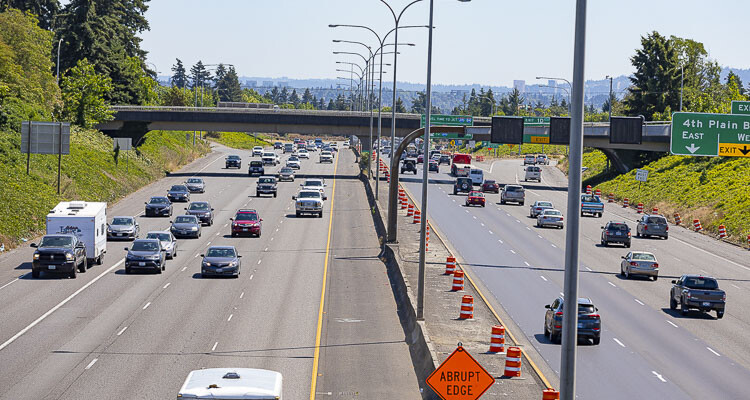
One of the most common complaints from people considering moving to Vancouver Washington is the lack of a robust public transportation system. It’s true—Vancouver doesn’t have its own subway or light rail system. If you're coming from a larger city like Seattle, Portland, or San Francisco, this might feel like a step back.
But before you write off the city’s transit options, here’s the full picture:
Public Transportation in Vancouver WA: What You Do Get
-
C-Tran is the local bus system, and it runs a solid network of routes across Vancouver, Clark County, and into Portland.
-
Commuters can access Portland’s MAX Light Rail system easily. Multiple Park & Ride locations around Vancouver offer quick access to the MAX via express buses.
-
For car-free travel across the metro area, Uber and Lyft are readily available throughout Vancouver and its suburbs.
This makes daily commutes and even weekend trips to Portland very doable—even without a personal vehicle.
Vancouver is Built for Bikes and Cars
Unlike larger cities with endless traffic congestion and high parking fees, getting around Vancouver by car is surprisingly easy. Many residents appreciate that:
-
Streets are well-maintained and rarely gridlocked.
-
Parking is widely available and often free.
-
Bike commuting is popular and growing, with new bike lanes and trails being added regularly.
In fact, Vancouver is known for its bike-friendly community, especially in neighborhoods like Uptown, Carter Park, and the Downtown Arts District.
Bottom Line
While it’s true that public transportation in Vancouver WA isn’t as extensive as in larger metro areas, the trade-off is simpler commutes, less traffic, and better access to both nature and city amenities. With a little planning, living in Vancouver without a car is possible, and getting around is more convenient than most people expect.
3. Air Quality Concerns
During the summer months, wildfires in the Pacific Northwest can lead to occasional smoky skies and reduced air quality. While this isn’t unique to Vancouver, it’s a concern that pops up across Washington and Oregon.
If you're researching the pros and cons of living in Vancouver Washington, you’ve probably come across concerns about air quality, especially during the summer. It’s true—wildfire season in the Pacific Northwest can bring smoky skies to Vancouver and much of the surrounding region, including parts of Oregon and Washington.
Why Does This Happen?
Each summer, wildfires—sometimes hundreds of miles away—can impact Vancouver’s air quality due to shifting winds and dry conditions. When smoke settles in, the Air Quality Index (AQI) can drop, creating health concerns, especially for those with asthma, allergies, or other respiratory conditions.
How Vancouver Locals Handle Smoke Season
The good news is that smoke-related air quality issues are typically seasonal and manageable with some basic precautions:
-
Use a HEPA air purifier in your home or workspace to filter out harmful particles.
-
Check real-time AQI reports using apps and websites like PurpleAir, AirNow, or even local news stations.
-
Limit strenuous outdoor activities during poor air quality days—especially midday when pollution levels peak.
-
Make your home a safe haven by sealing windows and using central air systems with clean filters.
The Bigger Picture
It's important to remember that Vancouver Washington air quality is ranked as good to excellent for most of the year. In fact, many residents love the clean, crisp air, especially during spring, fall, and winter. The wildfire smoke is usually temporary—lasting days or weeks, not months—and it's not a year-round issue.
Yes, smoke season in Vancouver WA can be inconvenient, but it’s not a reason to rule out the area. With smart habits and preparation, you can still enjoy the region’s natural beauty, clean air, and outdoor lifestyle almost year-round.
4. Rising Home Prices
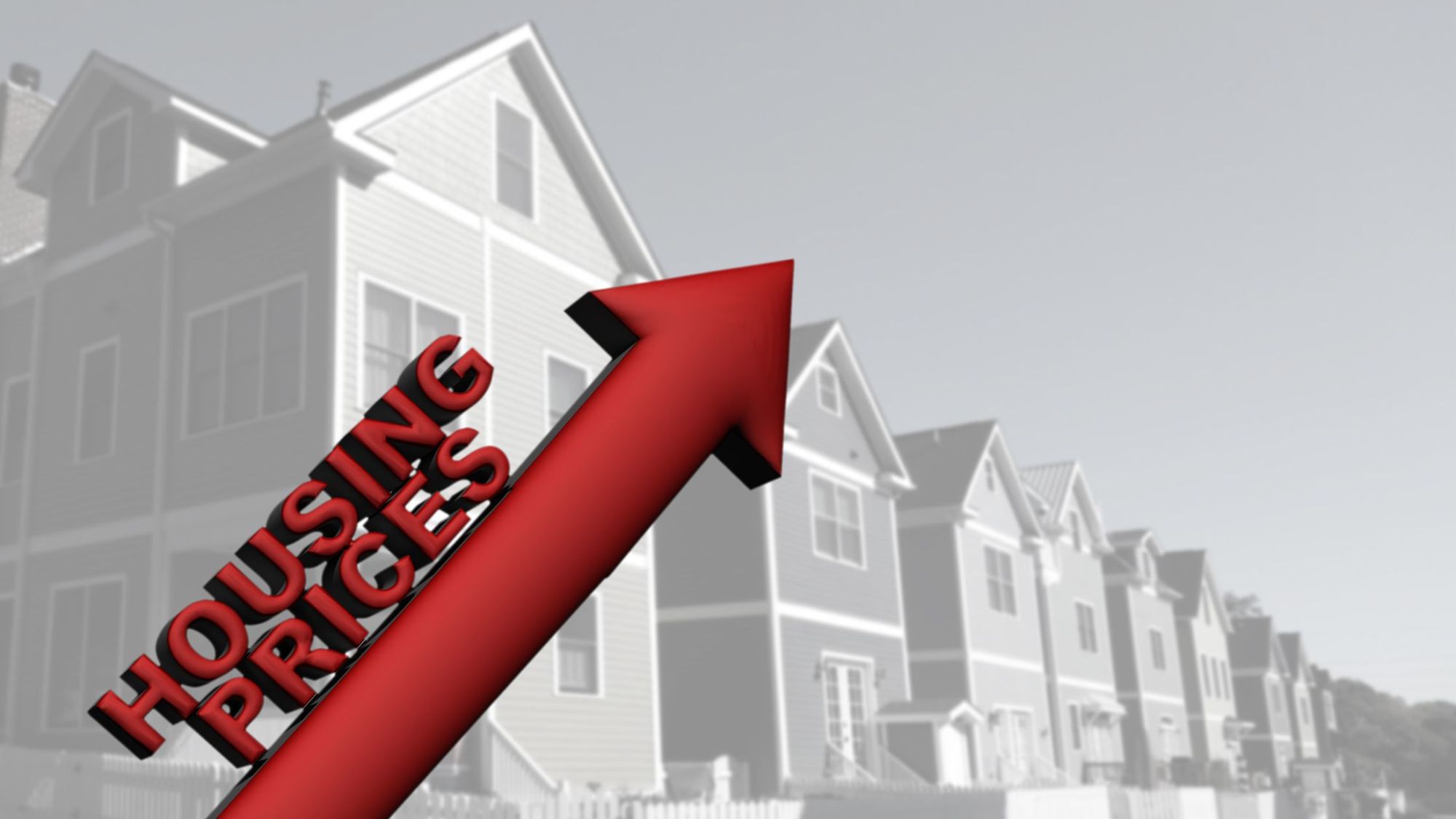
Is Vancouver WA Still Affordable?
If you’ve been researching the cost of living in Vancouver WA, you’ve probably noticed that home prices have risen significantly over the past few years. And it’s true—real estate in Vancouver WA isn’t as inexpensive as it used to be. This trend is part of a broader surge in the Pacific Northwest housing market, affecting cities from Seattle to Portland.
What’s Driving the Vancouver Housing Market?
Like many growing cities, Vancouver Washington real estate has been impacted by:
-
Increased demand from buyers relocating from high-cost cities like Portland, Seattle, and even California
-
A limited housing supply compared to the surge in interest
-
Low interest rates (until recently) that drove up buying power and competition
But Here's the Upside...
Despite these rising prices, Vancouver remains more affordable than many neighboring metro areas:
-
Lower property taxes than Portland and many parts of Oregon
-
No state income tax in Washington—saving you thousands each year
-
More house and yard for your money, especially in suburban neighborhoods or new developments
-
Easier commuting options for those working in Portland, without the high Portland price tag
A Market Shift in 2025?
According to recent Vancouver WA housing market reports, the rapid price increases have begun to level off, and in some cases, price reductions are happening more frequently. This is giving first-time homebuyers and investors a better chance to reenter the market without extreme bidding wars.
If you're thinking about relocating, investing, or buying your first home, now may be a smart time to explore homes for sale in Vancouver WA—before the next wave of buyers catches on.
5. Perceived Lack of Diversity 🌎
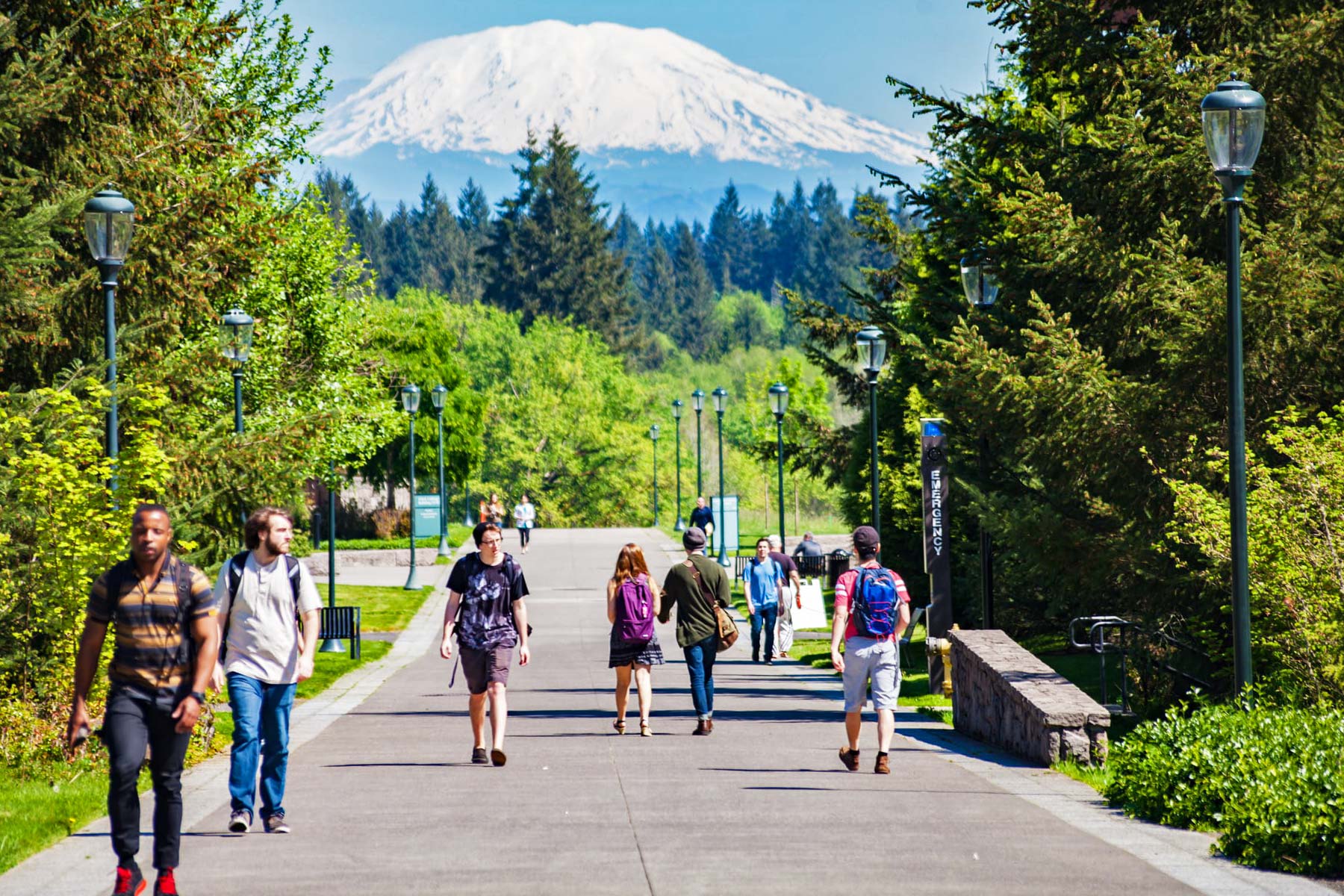
Is Vancouver WA Really That Homogenous?
When compared to larger metro areas like Seattle, Portland, or San Francisco, some people view Vancouver Washington as lacking in racial, ethnic, and cultural diversity. But in reality, this perspective is rapidly becoming outdated.
Demographics Are Shifting Fast
According to the U.S. Census Bureau, the Hispanic and Latino population in Vancouver WA has increased by nearly 68% since 2010, and other communities—including Asian American, Pacific Islander, and African American residents—are also growing. More young professionals, entrepreneurs, and families from diverse backgrounds are relocating to Clark County for its affordability, safety, and quality of life.
A Growing Cultural Landscape
Vancouver’s diversity isn’t just about numbers—it’s showing up in the culture, food, and community events too:
-
International cuisine is booming—think Oaxacan tlayudas, Vietnamese pho, Korean BBQ, Indian curry, and more
-
Cultural celebrations like Lunar New Year, Juneteenth, and the Vancouver Peace and Justice Fair are bringing people together
-
Community groups and local nonprofits are actively working to support equity, inclusion, and representation across the city
A Welcoming Place to Call Home
While Vancouver may not be as culturally saturated as nearby metro giants, it’s increasingly recognized as a welcoming, inclusive place to live. For those seeking a diverse community with room to grow, great schools, and a more affordable cost of living, Vancouver WA offers a balanced lifestyle with strong upward momentum.
Final Thoughts: Is Vancouver WA a Good Place to Live?
Absolutely—but like any city, it has pros and cons. What some people hate about living in Vancouver Washington, others end up loving. If you're relocating from a bigger city or a different climate, give yourself time to adjust.
Want to learn more about neighborhoods, real estate trends, or the best places to live in Vancouver WA? Let’s chat!
Sign up for my monthly newsletter to receive expert advice, important local updates, and insider knowledge on the best ways to thrive in this unique region. Whether you're buying, selling, or simply curious about life in the Pacific Northwest, I've got you covered.
👉 Join my newsletter today and never miss a beat! Just enter your email below and get exclusive access to all things Southwest Washington. Let’s stay connected!
Frequently Asked Questions
Is Vancouver, Washington a good place to live?
Yes, Vancouver is a great place to live, especially for those who want a quieter lifestyle while still being near Portland, Oregon. It offers a mix of urban and suburban vibes, quality schools, outdoor recreation, and no state income tax.
Why is Vancouver, WA called Vantucky?
“Vantucky” is a nickname used—sometimes playfully, sometimes critically—to describe Vancouver’s once more rural and less polished image compared to Portland. However, the city has grown significantly and diversified, making the term outdated and less reflective of today’s community.
Is Vancouver, Washington family friendly?
Yes, Vancouver is very family-friendly with a wide range of parks, good schools, community programs, and safe neighborhoods. Many families also appreciate the affordability and access to nature.
What is the culture like in Vancouver, Washington?
Vancouver has a laid-back, outdoorsy, and community-oriented culture. It blends Pacific Northwest values like environmental consciousness with small-town charm and growing arts, food, and entrepreneurial scenes.
Does Vancouver, WA have a homeless problem?
Yes, like many cities in the Pacific Northwest, Vancouver faces challenges related to homelessness, though not as severely as nearby Portland. The city and local nonprofits continue to work on solutions for housing and outreach.
What to know before moving to Vancouver, Washington?
You should know that while Vancouver has no state income tax (thanks to being in Washington), sales tax is higher, and property prices have risen. Its location offers great access to Portland and the Columbia River Gorge, but traffic during rush hour can be a consideration.
Why is Vancouver called the no fun city?
The nickname "No Fun City" was once used sarcastically to describe a perceived lack of nightlife and entertainment, but that reputation is changing. Vancouver has grown its events, breweries, and dining scene in recent years.
Why is Vancouver, Washington so popular?
Vancouver is popular for its affordability compared to Portland, lack of state income tax, access to outdoor recreation, and family-friendly communities. It also appeals to commuters who work in Oregon but want to live in Washington.
What is the ethnicity of Vancouver Washington?
Vancouver is a diverse city with the majority of residents identifying as White, followed by Hispanic/Latino, Asian, African American, and multiracial populations. The city continues to grow more diverse each year.
Is it better to live in Vancouver or Portland?
That depends on your lifestyle. Vancouver offers lower taxes and a quieter suburban feel, while Portland offers a denser urban experience and more nightlife. Many people choose Vancouver for cost savings and still enjoy what Portland offers just across the river.
Categories
Recent Posts

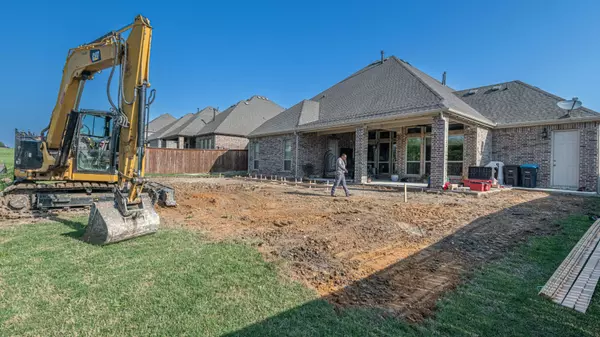

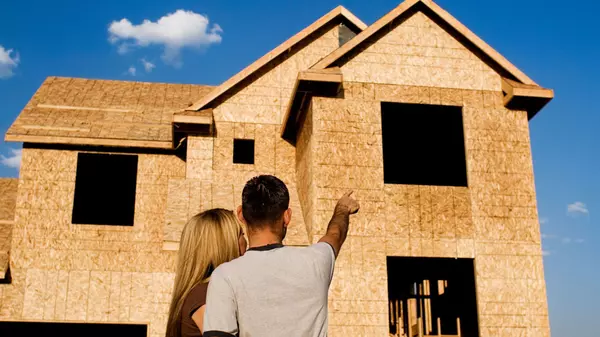
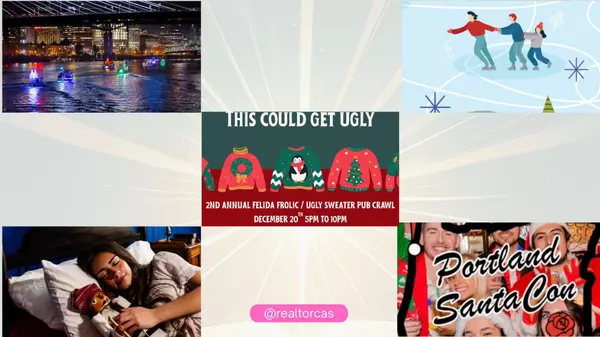
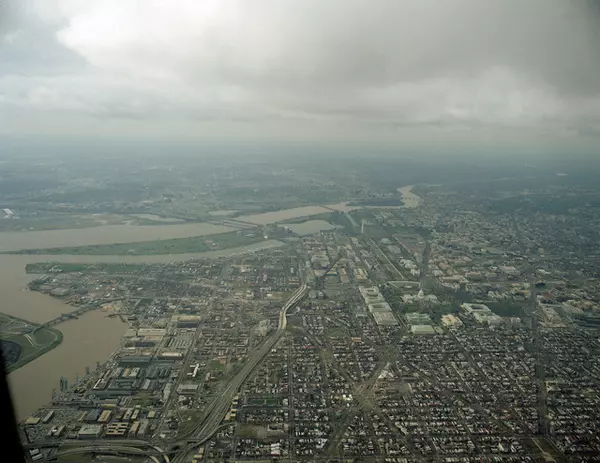
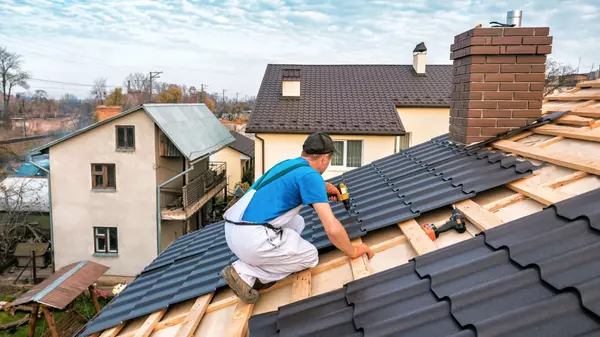
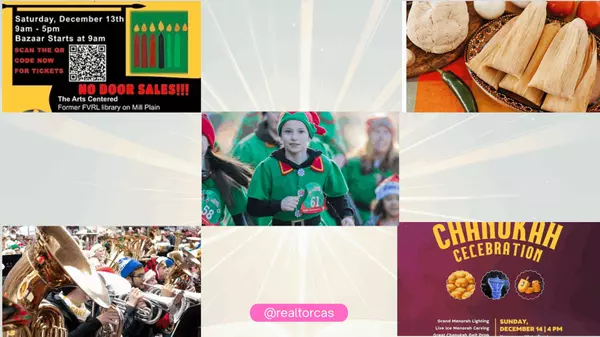

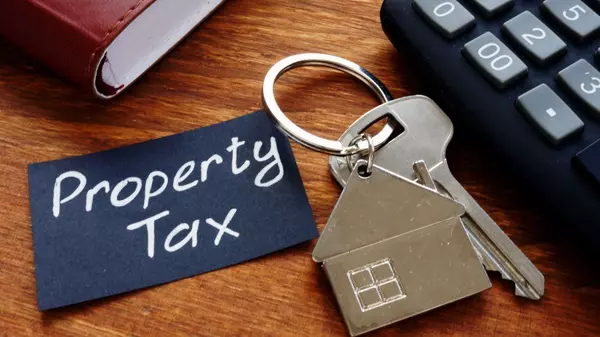
GET MORE INFORMATION

Cassandra Marks
Realtor, Licensed in OR & WA | License ID: 201225764
Realtor, Licensed in OR & WA License ID: 201225764
